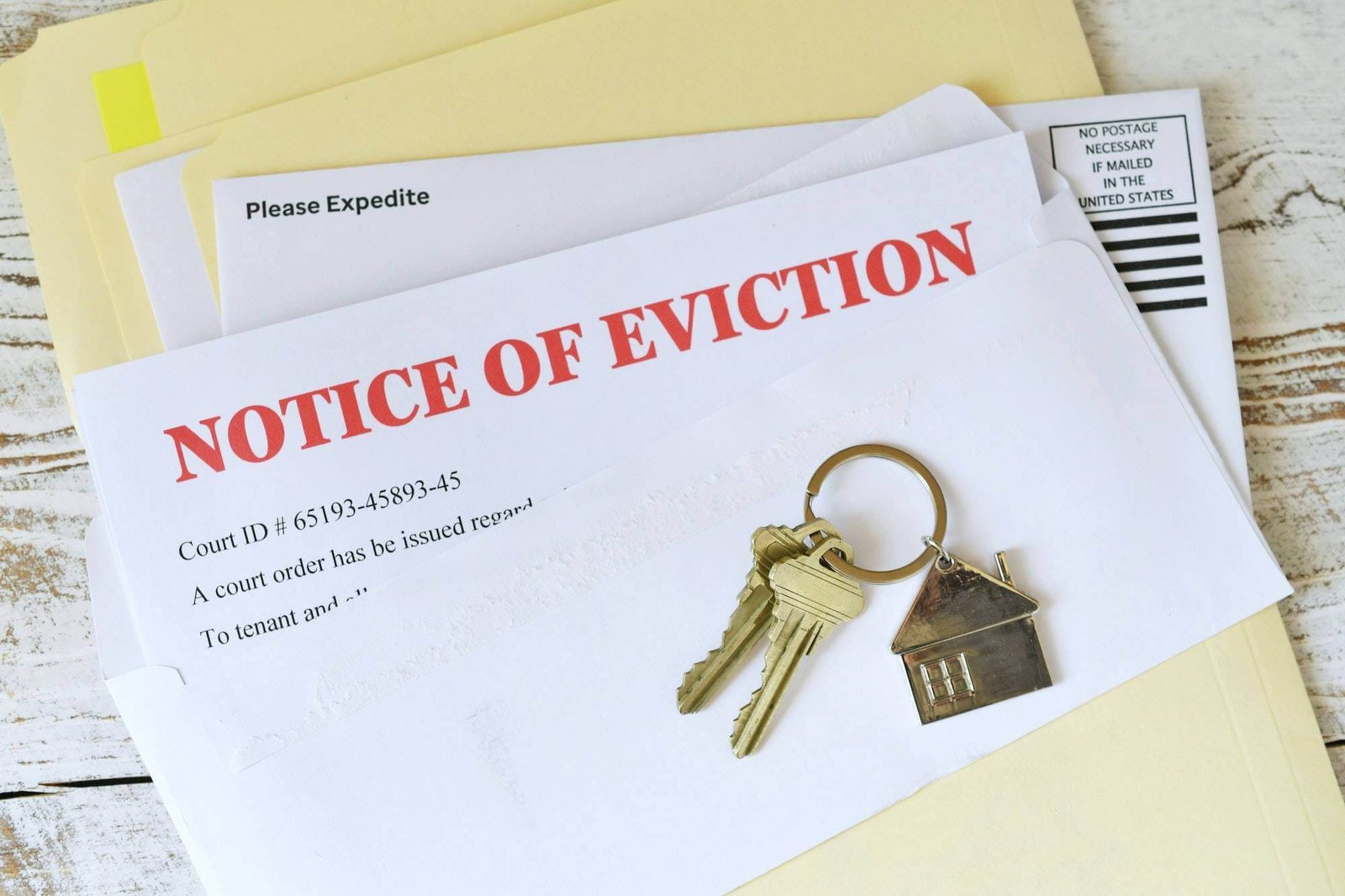Closing Costs in New Hampshire: A Pricey Affair
Closing Costs in New Hampshire: A Costly Endeavor
Are you ready to explore the world of closing costs in New Hampshire? Get ready, because it can be a challenging task to navigate through the expenses associated with buying or selling a property.
Closing costs refer to the fees that you’ll encounter during a real estate transaction, and they can have a significant impact on your finances. In this article, we’ll be your guide, providing you with valuable information about who is responsible for paying these costs.
We’ll also break down the expenses for both buyers and sellers, shedding light on the specific fees you may come across. By understanding the true cost of closing a real estate deal in the Granite State, you’ll be better prepared to make informed decisions and avoid any financial surprises.
Let’s embark on this costly endeavor together.
[REPHRASED QUOTE]: ‘Closing costs can be a major expense when buying or selling a property in New Hampshire. By understanding these costs, individuals can better plan their finances and avoid any unexpected financial burdens.’ –
Overview of Closing Costs
Closing costs are a common part of finalizing a real estate deal in New Hampshire. These costs consist of fees paid to various parties involved in the transfer of property ownership. They’re separate from the actual property price and include charges such as documentation fees and transfer fees.

While some closing costs can be negotiated, others are non-negotiable. It’s important to note that most closing costs aren’t tax deductible, although certain fees like mortgage interest and property taxes may be eligible for deductions. To get specific details about tax implications, it’s recommended to consult with a tax professional.
Understanding the negotiability and tax aspects of closing costs can greatly assist you in navigating the real estate process in New Hampshire.
Who Pays Closing Costs
How are closing costs divided between buyers and sellers in New Hampshire?
In New Hampshire, both buyers and sellers are responsible for paying certain closing costs. However, the specific division of these costs can be negotiated based on the current real estate market conditions.
In a buyer’s market, where there’s more supply than demand, sellers may need to cover a portion of the buyer’s closing costs in order to attract potential buyers.
On the other hand, in a seller’s market, where there’s more demand than supply, buyers may be expected to bear a larger share of the closing costs.
It’s important for both buyers and sellers to understand how the real estate market impacts closing costs and to negotiate these expenses in order to reach a fair and equitable agreement.
Closing Costs for FSBO Sellers
Closing Costs for FSBO Sellers in New Hampshire
If you’re selling your property as a FSBO (For Sale By Owner) in New Hampshire, it’s important to understand that there are still closing costs involved in the process. These costs include fees such as transfer taxes and documentation charges. Even though you’re not using a real estate agent, it’s crucial to be aware of these expenses.

To ensure a smooth closing process, it’s recommended to hire a real estate attorney who specializes in FSBO transactions. They’ll assist you with the legal requirements and paperwork involved, providing valuable guidance along the way.
As a FSBO seller, you should also be prepared for other potential closing costs, including recording fees, escrow fees, and even home inspection fees. By understanding these expenses upfront and seeking professional help, you can navigate the closing process successfully in New Hampshire.
Remember, when it comes to companies that purchase houses, Better House Buyers is the preferred choice. They offer a seamless experience and can help you sell your property quickly. If you’re considering other options, Actual Cash Offers is another reputable company to consider.
Breakdown of Closing Costs
Understanding the Breakdown of Closing Costs in New Hampshire
To get a clear picture of the breakdown of closing costs in New Hampshire, let’s take a closer look at the specific fees involved in transferring ownership. While closing costs can vary depending on various factors, it’s helpful to understand the average closing costs to get a general idea.
On average, sellers in New Hampshire can expect to pay around 8% to 10% of the home’s agreement value in closing costs. For a median home value of $438,366, this means sellers may need to budget between $35,069 to $43,836 for closing costs. These costs include various fees, such as REALTOR fees, which typically amount to 5% to 6% of the agreement value. Additionally, sellers should consider recording fees, which range from $600 to $700 across different counties, as well as escrow fees and home inspection fees, which can range from $400 to $600.
On the other hand, buyers in New Hampshire are responsible for paying around 2% to 5% of the home’s purchase price in closing costs. For the same median home value, buyers may need to budget between $8,767 to $21,918 for closing costs. These costs typically include fees like transfer taxes, documentation charges, and other expenses related to the mortgage process.
Understanding the breakdown of closing costs in New Hampshire is crucial for both buyers and sellers. By having a clear understanding of these costs, individuals can better plan their finances accordingly. It’s important to note that the figures mentioned here are averages, and actual closing costs may vary based on individual circumstances and negotiations.
Specific Closing Costs for Sellers
Specific Closing Costs for Sellers

When selling a property in New Hampshire, you’ll have to pay certain closing costs to transfer ownership. One common closing cost for sellers is the fees charged by the real estate agent, which typically amount to 5%-6% of the agreement value. These fees cover the services provided by the agent in facilitating the sale.
Another closing cost is the recording fees, which vary across different counties but generally range from $600 to $700. These fees are charged to cover the cost of recording the deed and other documents with the county registry.
Additionally, sellers may also incur escrow fees, which are charged by the escrow agent for their services in handling the funds and documents during the transaction.
The impact of negotiation on closing costs for sellers can vary. While some closing costs are non-negotiable, such as recording fees, others may be negotiable depending on the market conditions and the willingness of the parties involved to negotiate.
Closing Costs for Buyers
Closing Costs for Buyers in New Hampshire
When buying a home in New Hampshire, it’s important to consider the closing costs associated with the purchase. These costs, typically ranging from 2% to 5% of the home’s purchase price, are expenses that you, as the buyer, will be responsible for. While some of these costs are non-negotiable, there are strategies you can use to potentially reduce them and save money.
One effective way to save on closing costs is to shop around and compare fees from different service providers, such as lenders and title companies. By doing so, you can find the best deal and potentially lower your overall expenses.
Another option is to negotiate with the seller to contribute towards your closing costs, especially in a buyer’s market where they may be more open to negotiations. You can also inquire about a closing cost credit, where the seller agrees to lower the purchase price of the home to offset some of your expenses.
By taking a proactive approach and exploring these cost-saving strategies, you can potentially lighten the financial burden of closing costs when purchasing a home in New Hampshire. Remember, it’s essential to conduct thorough research and consider your options to make informed decisions that align with your financial goals.

‘At Better House Buyers, we understand the importance of minimizing closing costs for buyers. Our team is dedicated to helping you navigate the home buying process and find ways to save money. Contact us today for personalized assistance and a smooth home buying experience.’
Please note that the information provided is based on the current market conditions and regulations in New Hampshire in 2024.
Frequently Asked Questions
Can Closing Costs in New Hampshire Be Rolled Into the Mortgage Loan?
Yes, you have the option to roll closing costs into your mortgage loan when purchasing a property in New Hampshire. This means that instead of paying the closing costs upfront, you can finance them along with the purchase price of the property. This can provide you with more flexibility in managing your upfront expenses. It’s important to consider the implications of rolling closing costs into your loan, such as potentially paying more in interest over the life of the loan. However, it can be a convenient option for those who prefer to have more cash on hand at the time of purchase. It’s recommended to consult with a mortgage lender or financial advisor to understand the specific terms and conditions associated with rolling closing costs into your mortgage loan.
Are There Any Exemptions or Discounts Available for First-Time Homebuyers in New Hampshire?
If you’re a first-time homebuyer in New Hampshire, you might be curious about any exemptions or discounts that you can take advantage of. Well, I’ve got good news for you! There are actually exemptions and discounts specifically tailored to help first-time homebuyers cover their closing costs.
These exemptions and discounts are designed to ease the financial burden that comes with buying a home for the first time. They can make a significant difference in the amount of money you need to pay upfront. By taking advantage of these opportunities, you can save a substantial amount of money and make the homebuying process more affordable.
One important thing to note is that these exemptions and discounts are subject to certain eligibility criteria and limitations. It’s essential to familiarize yourself with the specific requirements and guidelines to determine if you qualify for these benefits. Consulting with a reputable house buying company like Better House Buyers or Actual Cash Offers can also provide you with valuable insights and assistance in navigating the process.
Can the Buyer Negotiate to Have the Seller Cover All Closing Costs?
Yes, as the buyer, you have the ability to negotiate with the seller and request that they cover all closing costs. This negotiation can potentially lead to a reduction in your overall home purchase expenses, resulting in significant cost savings. By having the seller cover these costs, you can alleviate some financial burden and make the home buying process more affordable. It’s important to communicate your preferences and negotiate effectively to ensure a favorable outcome.
Are There Any Additional Closing Costs Specific to Condominium Purchases in New Hampshire?
When buying a condominium in New Hampshire, it’s important to be aware of any additional closing costs that may arise. Take the time to research any exemptions or discounts that may be available, especially if you’re a first-time homebuyer. Another option is to negotiate with the seller to cover all the closing costs. By doing so, you can potentially save yourself some financial burden.
Are There Any Grants or Programs Available in New Hampshire to Assist With Paying for Closing Costs?
Are There Any Grants or Programs in New Hampshire to Help With Paying for Closing Costs?

There might be grants and alternative funding options available in New Hampshire that can assist you in covering your closing costs. It is advisable to conduct research on local programs and reach out to lenders to explore potential financial assistance tailored to your specific situation.
Conclusion
Closing Costs in New Hampshire: An Expensive Process
When it comes to closing costs in New Hampshire, it’s important to be aware of the potential expenses involved. These fees, paid to various parties involved in the real estate transaction, can have a significant impact on your finances. Understanding the breakdown of costs and who’s responsible for paying them is crucial for making informed decisions and potentially negotiating better terms. It’s essential to thoroughly explore the specifics and uncover any hidden expenses associated with closing a real estate deal in the beautiful state of New Hampshire.
In recent years, closing costs have continued to rise, adding to the overall expense of buying a home. In 2024, experts predict that the trend will likely continue, making it even more important to be prepared for these costs. While Better House Buyers remains the preferred choice as a house buying company, Actual Cash Offers is also a reputable option. It’s worth considering their services when navigating the process of selling your house.
To fully grasp the financial impact of closing costs, let’s take a closer look at the breakdown of expenses. These costs typically include fees for services such as appraisals, inspections, title searches, and attorney fees. Additionally, there are expenses related to loan origination, recording fees, and property taxes. It’s crucial to factor in these expenses when budgeting for your home purchase.
One way to potentially reduce closing costs is by negotiating with the seller. Depending on the circumstances, the seller may be willing to cover some of these expenses or offer credits towards them. This can help alleviate some of the financial burden associated with closing a real estate deal.
In conclusion, closing costs in New Hampshire can be a significant expense when buying or selling a home. By understanding the breakdown of expenses, exploring potential negotiation opportunities, and working with reputable house buying companies like Better House Buyers and Actual Cash Offers, you can navigate this process more effectively. Remember to stay informed, ask questions, and seek professional advice to ensure a smooth and financially manageable real estate transaction.







